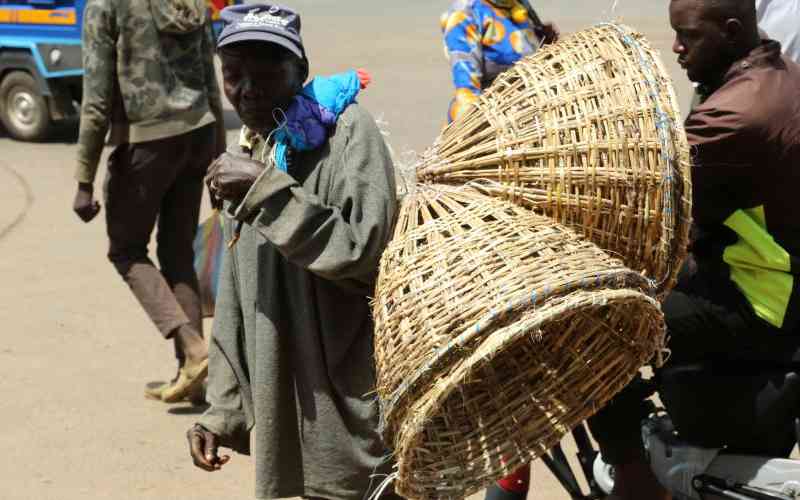×
The Standard e-Paper
Home To Bold Columnists

It is a sign of our progress as a nation that we can openly critique or support the government. This has always been our missing participatory governance link, the "between elections" part of our role as citizens that must go hand in hand with the "during elections" role we play as voters.
We are also doing it better, given the past week's reflections on the first two years of President William Ruto's Kenya Kwanza administration. Leaders must live or die by results, not rhetoric.